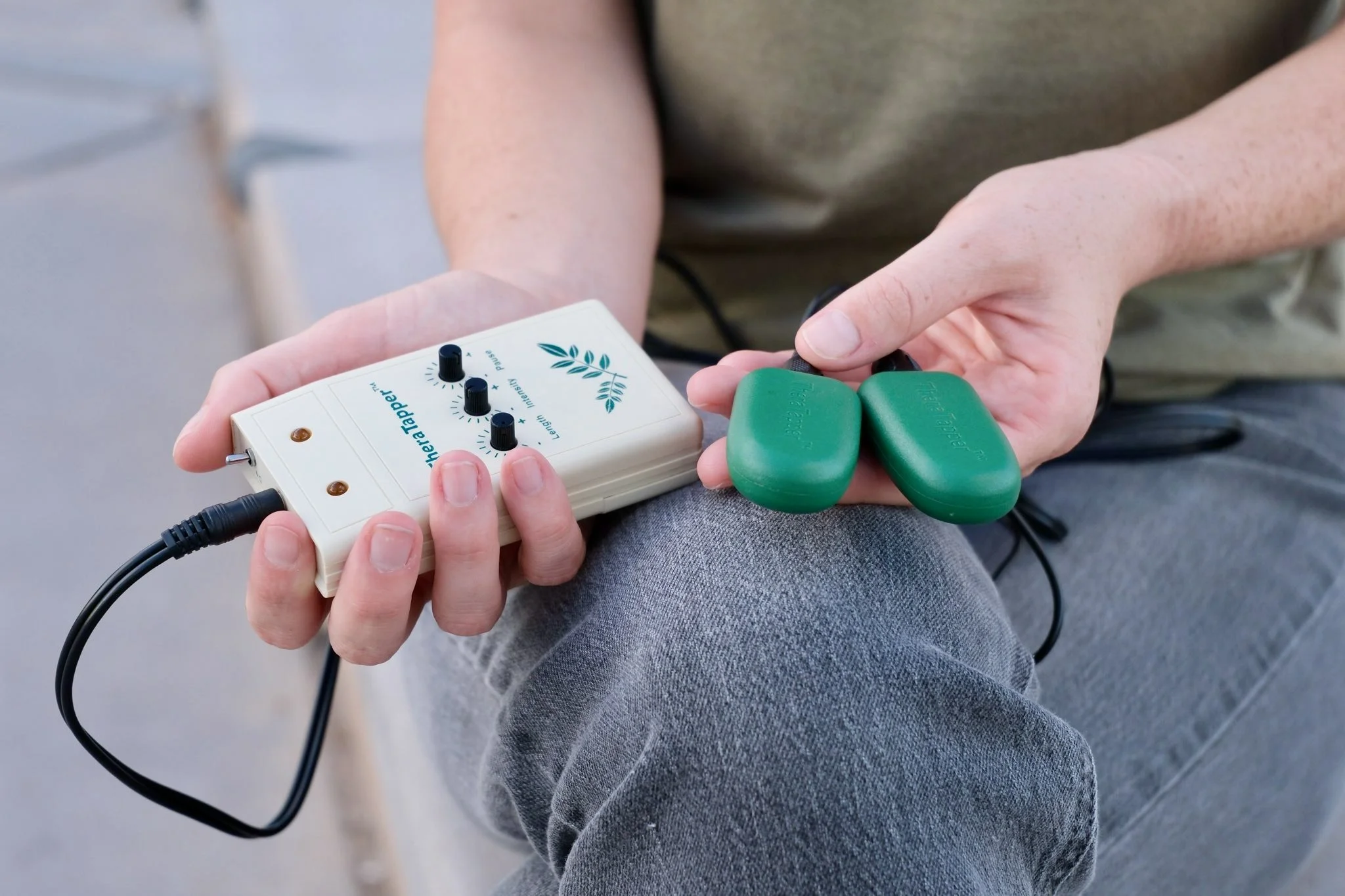
PUT THE PAST IN THE PAST
WITH EMDR
EMDR Intensives
Eye Movement Desensitization and Reprocessing (EMDR) is a therapeutic modality that uses bilateral (left-right) stimulation to support the brain’s natural information processing system. This allows stuck, negative trauma reactions to transform into more adaptive, present-day perspectives. EMDR can be helpful in treating numerous disorders, including but not limited to:
PTSD and other trauma-related disorders
Anxiety disorders
Depression
In addition to 55-min and 85-min sessions, I offer longer EMDR sessions in the form of intensives and mini-intensives for individuals who want to accomplish a significant amount of healing in a shorter timeframe.
-
EMDR Intensives involve 6.5 hours of therapy over three sessions. Prior to the sessions, I will send you a workbook to complete that will inform our work.
Pre-session: We will start with a 1.5-hour session to review the workbook, identify our focus for reprocessing, and begin resourcing.
Intensive session: We will then have a 4-hour EMDR session focused on reprocessing.
Post-session: We will end with a 1-hour session for additional reprocessing and to consolidate progress.
Cost: $975
-
EMDR Mini-Intensives involve 4.5 hours of therapy over three sessions. Prior to the sessions, I will send you a workbook to complete that will inform our work.
Pre-session: We will start with a 1-hour session to review the workbook and identify our focus for reprocessing.
Intensive session: We will then have a 2.5-hour EMDR session focused on reprocessing.
Post-session: We will end with a 1-hour session for additional reprocessing and to consolidate progress.
EMDR Mini-Intensives are a good option if you would like to reprocess a single-event trauma, such as a car accident, attack, or natural disaster.
Cost: $675

“Changing the memories that form the way we see ourselves also changes the way we view others. Therefore, our relationships, job performance, what we are willing to do or are able to resist, all move in a positive direction.”
Francine Shapiro, founder of EMDR Therapy
